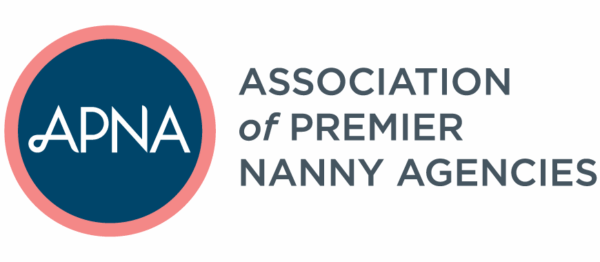Minimum Wage and Overtime Pay for Live in Home Care Workers
The US Supreme Court denied the request for a stay of the mandatory overtime ruling upheld by the D.C. Court of Appeals. A “stay” is a suspension. What does this mean in laymen’s terms? It means that all in-home workers will be entitled to receive minimum wage and overtime pay based on the hours worked each week. The Department of Labor originally exempted in-home care workers from minimum wage and overtime laws, according to a Supreme Court ruling in 2009, but this recent decision from the Supreme Court has changed that. The federal overtime requirement for caregivers will go into effect on 10/13/15. This means that caregivers working as personal caregivers in private homes must be paid overtime after 9 hours in a day and after 40 (rather than the current 45) straight time hours in a week as of 10/13/15.
Misclassifications of Independent Contractor
There have been 7 major litigation events recently that resulted in judgements ranging as high as $5 million for misclassification of workers as Independent Contractors (ICs). The US Department of Labor is working on coordinating enforcement against companies who misclassify workers. These cases involved very large companies such as UBER and Lowe’s Home Improvement, of which both lost their cases.
Their cases demonstrated that if the worker is subject to discipline by the company and that the company not only can exercise direction and control but also has the right to exercise control; the worker should be classified as an employee. This was illustrated in the case with Lowe’s. Lowe’s offers installation services to its customers for certain products and engages installers to perform the services. These installers were considered ICs. The case proved that Lowe’s retained the power to direct and control installer’s performance by requiring them to follow Lowe’s Installer Standards of Courtesy and Professionalism, which set forth, among other things, specific instructions and rules regarding how installers are to perform their services, what to wear, the timing of the completion of installation projects. How does this relate to our industry? If with temp nannies, the agency tells the nanny how to perform their job, what to wear on a temp job (the logo shirt?), what time to arrive, what time to end and specific rules as to how to behave on the job, then this begs the question….can an agency be implicated as an employer or maybe a co-employer to the family?
With another large company, the litigation ended with a winning judgement. FED EX had a case where their policy reflected they classified their ICs properly. The reason this is of interest to our industry, as it demonstrates yet another “test” for IC vs employee. This decision was in favor of FED EX’s classification because FED EX introduced evidence that the drivers could hire others to do their jobs and could sell their territories as they wanted. This meant that FED EX did not exercise control over the drivers. To relate it to our world, I ask, if we staff a temp job with a client, can the worker replace herself to do the job if for some reason she is unable to show up for the job that day? Heck no! Neither the agency nor the client would find that acceptable. We exercise control over that. Thus, do we conclude the temp job was staffed with an employee?
Who knows if there will be a witch hunt in our industry searching for misclassifications, though when there is a decision to shine the spotlight on household staffing, I encourage everyone to understand where they are in compliance and where they are not!
by Wendy Sachs, The Philadelphia Nanny Network, Inc.
APNA Legislative Affairs Committee

